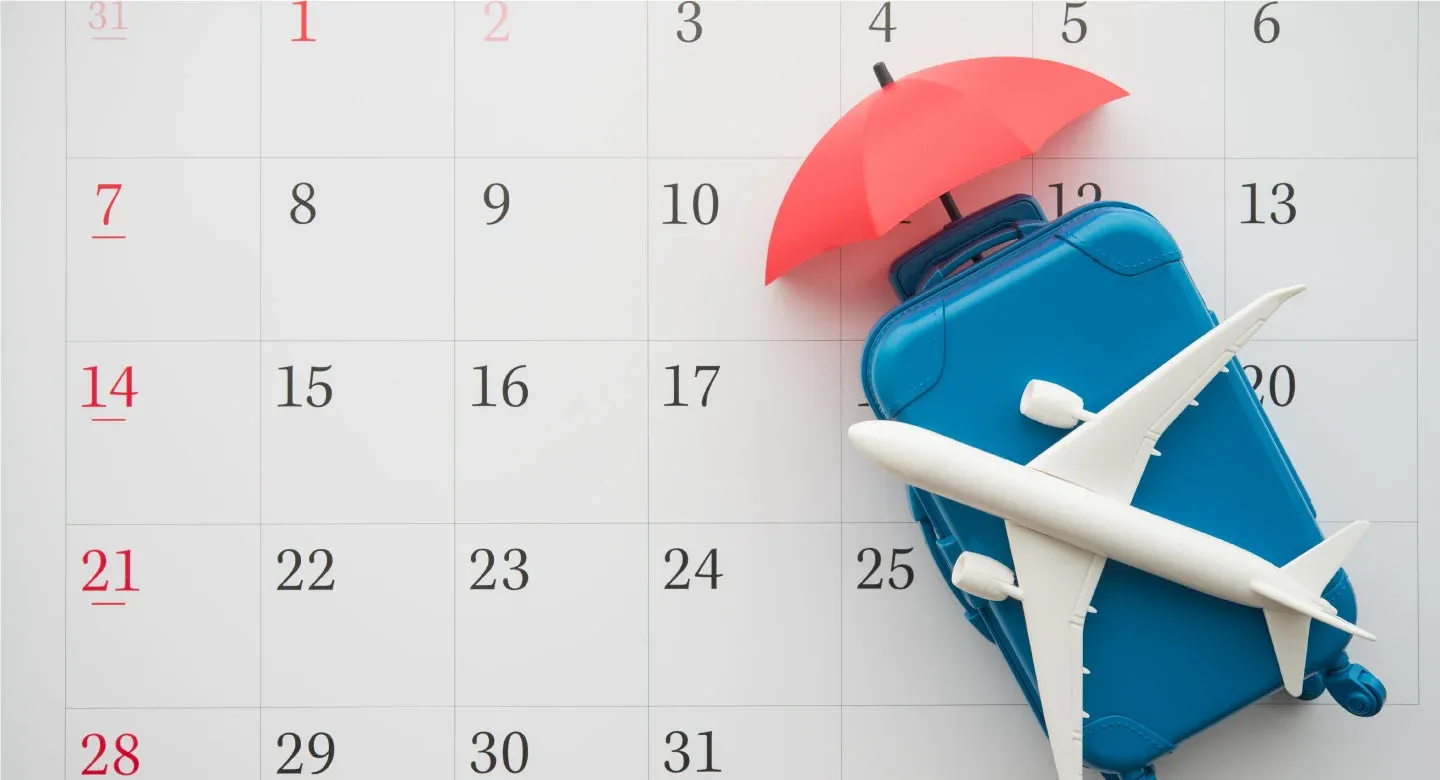Nepal Visa for Indians: Explore how to apply, understand the types of Nepal visas, requirements, and complete guidance for a smooth travel experience.
Nepal visa for Indians
Ever wondered what it feels like to walk into another country as if it’s your extended backyard? That’s exactly the charm of visiting Nepal for us Indians—no visa queues, no complicated paperwork, just a warm Himalayan embrace. Whether you’re chasing adventure, spirituality, or just a great plate of momos with a view, Nepal has it all.
But before you get and head for the mountains, let’s clear up a few travel essentials to make your trip as smooth as a trekker’s first sip of yak butter tea. Ready to dive in? Let’s decode the Nepal travel game!
Do Indians need a visa to visit Nepal?
No, Indians do not need a visa to visit Nepal. The Treaty of Peace and Friendship signed between India and Nepal in 1950 allows for visa-free travel between the two countries. This means Indian citizens can enter, stay, and even work in Nepal without requiring a visa. However, there are specific identification requirements that you must fulfill before entering the country.
Identification requirements for Indians travelling to Nepal
While no visa is required, Indian citizens must carry one of the following documents for identification purposes:
1. Valid passport: A passport is widely accepted and recommended for ease of travel.
2. Voter ID (EPIC): The Election Commission of India-issued voter ID is an acceptable travel document.
3. PAN card, Aadhaar card, and other IDs: These are not valid for travel to Nepal.
4. Children under 12 years: They may carry a birth certificate or school ID if traveling with parents or guardians.
Entry points for Indians to Nepal
Indian citizens can enter Nepal through multiple entry points, depending on their travel preferences:
1. By air
Tribhuvan International Airport (Kathmandu) is the main airport in Nepal. Flights from major Indian cities like Delhi, Mumbai, Kolkata, and Bangalore are frequent and convenient.
2. By road
Popular land border crossings include:
Raxaul-Birgunj: One of the busiest routes
Sunauli-Bhairahawa
Banbasa-Mahendranagar
Jogbani-Biratnagar
Ensure that you have your travel documents for verification at the border checkpoints.
3. By rail
Nepal does not have extensive railway connectivity with India, but the nearest railway stations to the border towns can be used to reach Nepal.
Special permits for restricted areas in Nepal
While Indians can travel freely in most parts of Nepal, some restricted areas require special permits due to their proximity to sensitive regions or environmental concerns. If you plan to visit these areas, you’ll need to obtain a Restricted Area Permit (RAP):
1. Mustang and Manang: Known for their serene beauty, these regions require permits.
2. Dolpa, Humla, and other remote regions: Permits are required for these less accessible areas.
Permits can be obtained through the Nepal Tourism Board or local trekking agencies in Kathmandu or Pokhara.
Duration of stay and work permits
● Stay duration: There is no limit on how long Indian citizens can stay in Nepal. However, travellers are advised to respect the local laws and traditions.
● Work permits: Indians don’t require work permits to take up employment in Nepal. However, proper documentation may be needed for specific sectors.
Currency exchange and financial considerations
1. Currency in use
○ The Nepalese Rupee (NPR) is the official currency.
○ Indian currency is widely accepted in Nepal, but denominations above ₹100 are not legally acceptable due to past counterfeit issues.
2. Exchange rates
○ ₹1 = NPR 1.6 (approximately). Exchange rates may vary.
3. Payment methods
○ Carry a mix of cash and cards. Some remote areas may not have ATMs or card acceptance.
Key travel tips for Indians visiting Nepal
1. Travel insurance:
While travelling, ensure you have comprehensive travel insurance as medical costs can be high in case of emergencies.
2. Connectivity:
Indian SIM cards often work near border areas, but purchasing a local Nepali SIM for longer stays is advisable.
3. Cultural sensitivity
Nepal is predominantly Hindu and Buddhist. Dress modestly, especially when visiting temples and monasteries.
Always ask for permission before taking photographs of locals or cultural ceremonies.
4. Weather considerations
Nepal’s weather varies with altitude. Research the weather conditions for the regions you plan to visit and pack accordingly.
The best times to visit Nepal are spring (March-May) and autumn (September-November).
5. Adventure activities:
Nepal is a hub for adventure activities like trekking, paragliding, and bungee jumping. Ensure you have all the necessary permits and equipment.
Pro tip: The cost of visa fee, in case of visa denial by the embassy is reimbursed to the insured, provided the insured has opted for the cover before or at the time of applying for visa.
Conclusion
Travelling to Nepal is hassle-free for Indian citizens due to the strong bilateral relationship between the two nations. While no visa is required, carrying the right identification documents and understanding the entry requirements will ensure a smooth journey. From the majestic Himalayas to serene temples and vibrant markets, Nepal promises a memorable experience for Indian travellers.
Frequently asked questions
1. Can Indians travel to Nepal with an Aadhaar card?
No, Aadhaar cards are not valid travel documents for Nepal. You must carry a passport or voter ID.
2. Can Indians buy property in Nepal?
Indians can lease property in Nepal but are restricted from owning land unless approved by the Nepali government.
3. Are there any fees for Indians entering Nepal?
No entry fees are charged for Indian citizens at the border or airport.

Get Quick Quote


